Chinese New Year
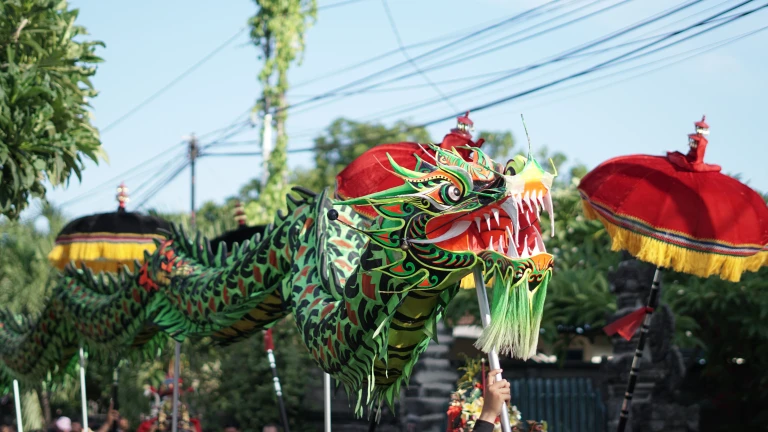
The Chinese New Year is an official holiday when Chinese people reunite with their families and celebrate the arrival of the Lunar New Year. The Chinese New Year is always observed according to the lunar calendar, so it falls on different dates in the Gregorian calendar.
History of Chinese New Year:
In China, the New Year has been celebrated since ancient times. In 1928, the ruling Kuomintang party attempted to move the celebrations of the Chinese New Year to January 1st. However, most Chinese citizens opposed this idea, and the tradition of celebrating this holiday was returned to the first day of the lunar year.
In 1967, the celebration of the Chinese New Year and Spring Festival was halted in China due to the Cultural Revolution.
After Mao Zedong's death, the Chinese New Year began to be unofficially celebrated again in some regions of the country. This holiday became official in China only in 1996 when the government established a festive week off in honor of the Spring Festival.
In 1999, the Chinese New Year became an official holiday in Indonesia. It is celebrated in regions of the country with a high percentage of Chinese residents, such as Jakarta, Singkawang, Batam, and Ketapang. In Indonesia, this holiday is called Imlek.
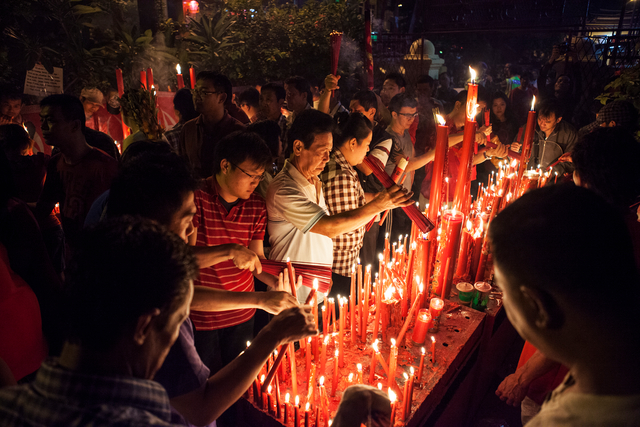
Jakarta. People hold aromatic sticks and offer prayers during the Chinese New Year at the Dharma Bhakti Temple. chinanews
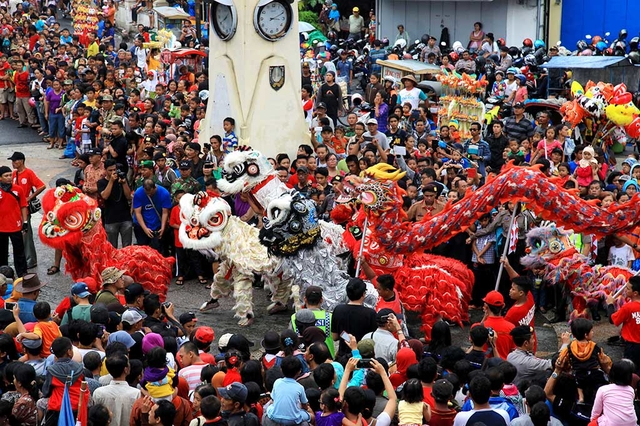
Celebration of the Chinese New Year in the city of Solo on the island of Java. idntimes
One of the most significant traditions of the Chinese New Year is the dragon and lion dances. The dragon dance is performed by a group of dancers who form a flexible, long figure and animate it using poles. The lion dance is performed by dancers in lion costumes who mimic its movements.
Vibrant costume colors, dynamic dance routines, and the loud sounds of drums and cymbals are considered effective ways to ward off evil spirits. It's considered a good tradition to reward the "lion" with a red envelope (hongbao) if the "lion" visits your home.
Red hongbao envelopes.
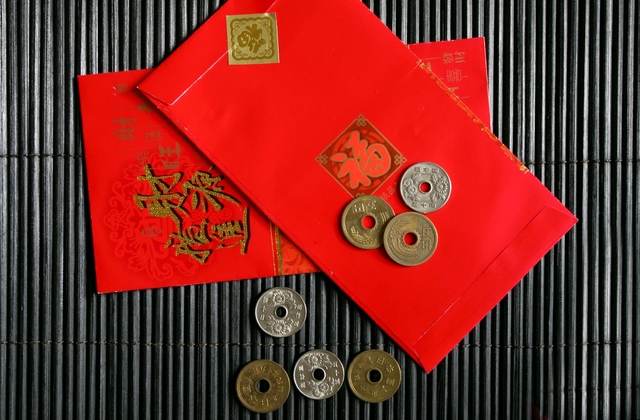
One of the most popular traditions of the Chinese New Year is the gifting of red envelopes. In China, these envelopes are known as "hongbao" (Hóngbāo - 红包).
They are often given to children by older family members. Additionally, it's a tradition for married couples to receive such envelopes from unmarried family members. These envelopes contain money. The amount of money in them corresponds to numbers symbolizing good luck.
The most traditionally lucky numbers are eight "bā" (八) or six "liù" (六). In red envelopes, an amount equal to four is never given. The number four "sì" (四) sounds like the word for "death" in the Chinese language (死).
During the Chinese New Year, people also give even amounts of money. Odd amounts are only appropriate for funerals. It's worth noting that the determination of which numbers are considered even and odd can vary according to Chinese conventions. This is determined by the first digit of the number. For example, 90 and 70 are odd numbers in China.
Markets
Before New Year celebrations, numerous markets open up. They sell fireworks, clothing, toys, and other gifts. The most popular items range from everyday and practical items like kitchen knives to treats like candied fruits.
Family Gatherings
In Indonesia, every member of the Chinese family reunites. Everyone comes together and enjoys a communal meal. At such events, both Chinese and Indonesian dishes are prepared.
The most popular dishes for such gatherings:
Jiaozi (Jiǎozi - 饺子) - traditional Chinese dumplings with fillings like pork, beef, or even vegetables.
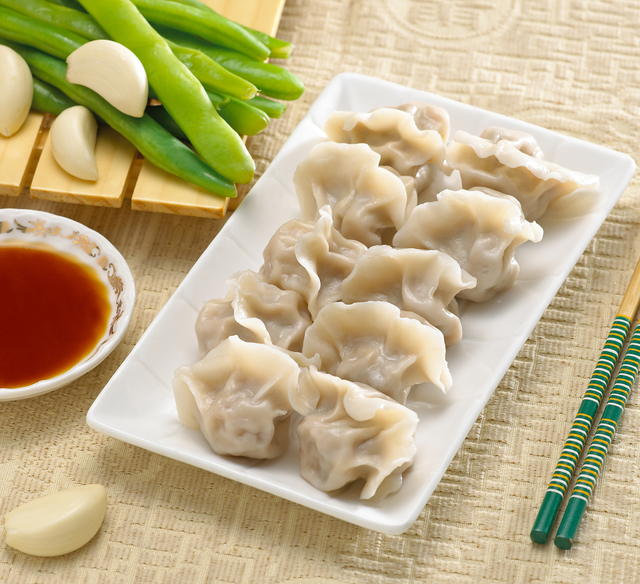
Legends claim that the more dumplings a person can fit in their stomach, the more money they will earn in the new year.
Mifan (Mǐfàn - 米饭) - plain cooked rice.
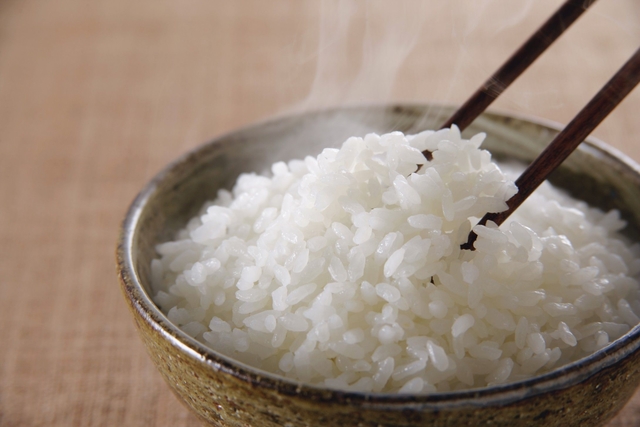
Suān là tāng (酸辣汤) - sour and spicy hot soup.
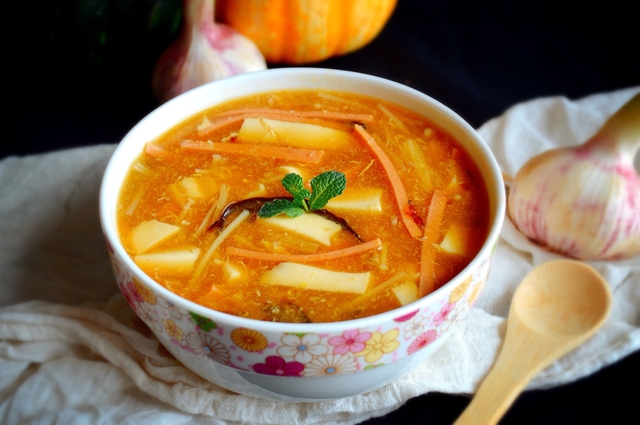
Hóngshāo niúròu (红烧牛肉) - braised beef in soy sauce.
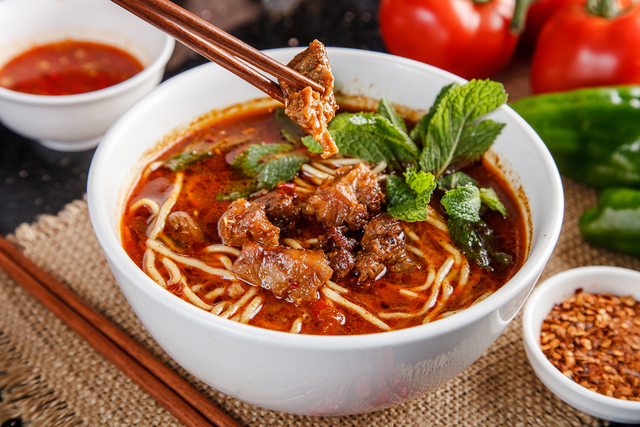
Táng cù yú (糖醋鱼) - sweet and sour fish, marinated in vinegar and sugar.
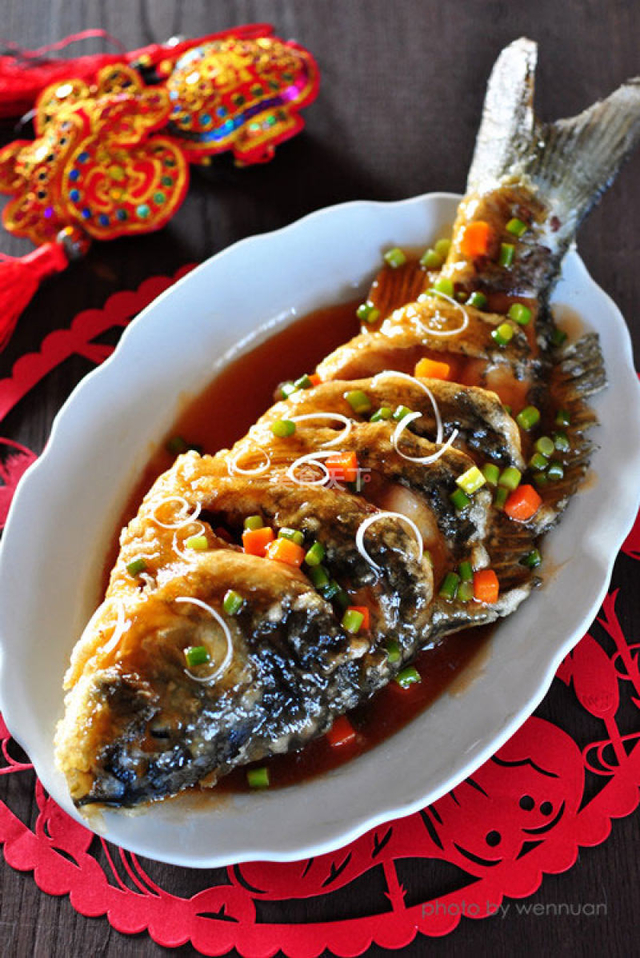
In the Chinese language, the word for "fish" sounds the same as the words for "abundance" or "wealth." Therefore, fish is one of the symbols of the New Year. Traditionally, during the meal, the middle part of the fish is eaten, and the head and tail are saved for the next day. This ritual is believed to symbolize fullness and completion.
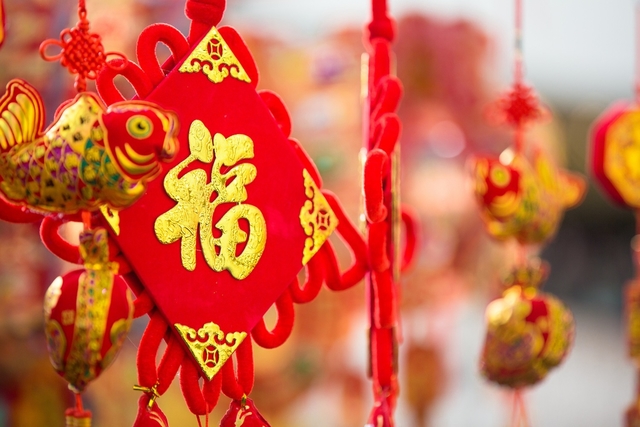
Chinese believe that oranges and mandarins are symbols of a better upcoming year. The word for "mandarin" sounds similar to the word for "luck" and "happiness." The vibrant color of the fruit symbolizes gold, so it is believed that mandarins can bring prosperity. During celebrations, oranges and mandarins decorate the interiors of homes and are offered as gifts.
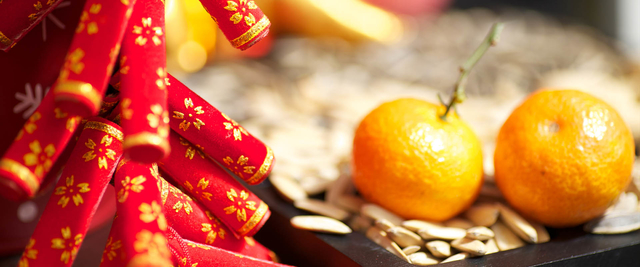
During the feast, family members share stories about their achievements over the year.
Fireworks.
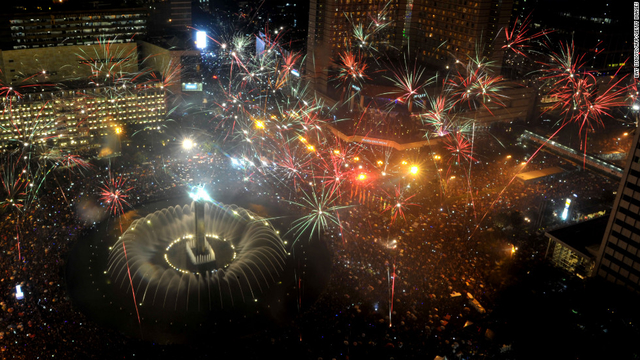
In many regions of Indonesia, fireworks are prohibited due to tensions between Chinese minorities and other Indonesian ethnic groups. In cities like Jakarta, for example, fireworks are allowed during the New Year celebrations.
Decorations.
Within Chinese communities in Indonesia, spherical red lanterns are often used as decorations. Red banners are also highly popular.
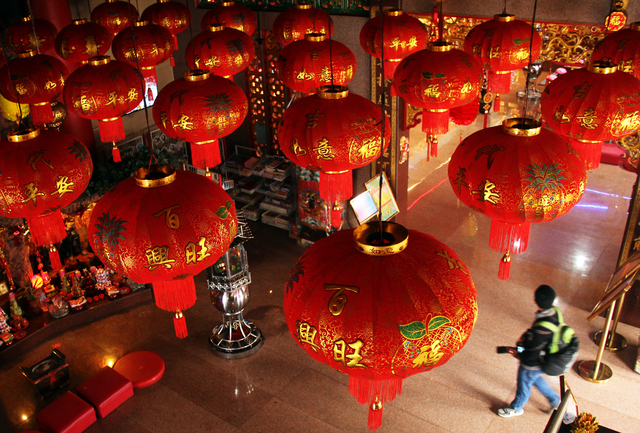
In China, the color red symbolizes happiness, luck, and is believed to ward off evil spirits. That's why it is used during New Year celebrations. It's used in clothing, decorations - everywhere.
White should be avoided during New Year celebrations as it is associated with mourning.
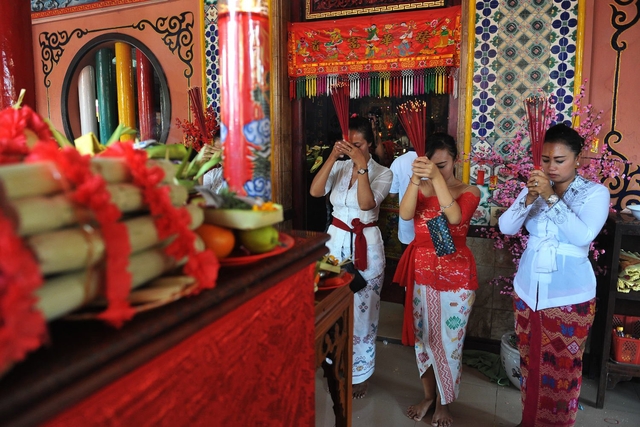

Welas Asih Kelenteng in Cirebon.https://tirto.id/merayakan-tahun-ayam-api-2017-chSS
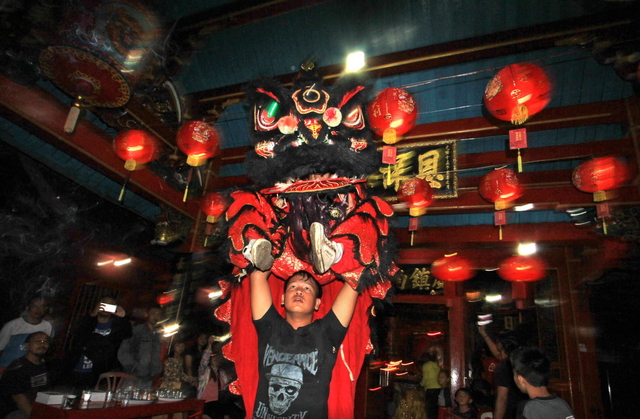
Barongsai performance at Ang Tjeng Bio temple in Indramayu, West Java.https://tirto.id/merayakan-tahun-ayam-api-2017-chSS

Festive lights in honor of the Chinese New Year at Pasar Gede Square in Solo on the island of Java, tirto.id.
If you want to see how the Chinese New Year is celebrated in Bali but don't have any Chinese ethnic friends, visit Imlek at one of the Buddhist temples, where you will see worshipers making offerings.
There are several such temples in Bali:
Vihara Dharmayana Kuta in Kuta
Satya Dharma Temple in Denpasar
these two are the main ones
Klenteng Ling Gwan Kiong in Lovina
Vihara Buddha Dharma in Kuta
Klenteng Bei Ji Gong in Denpasar
Klenteng Khongcu Bio in Denpasar
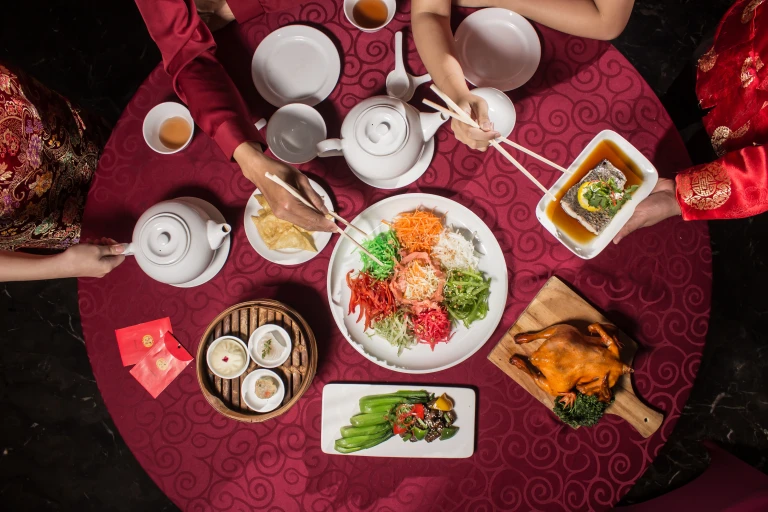
You can add one right now!